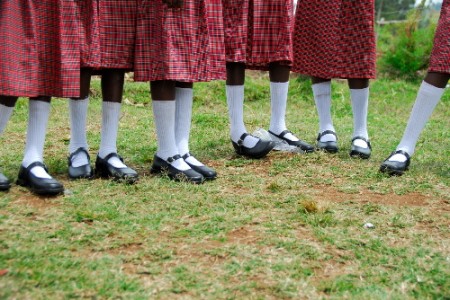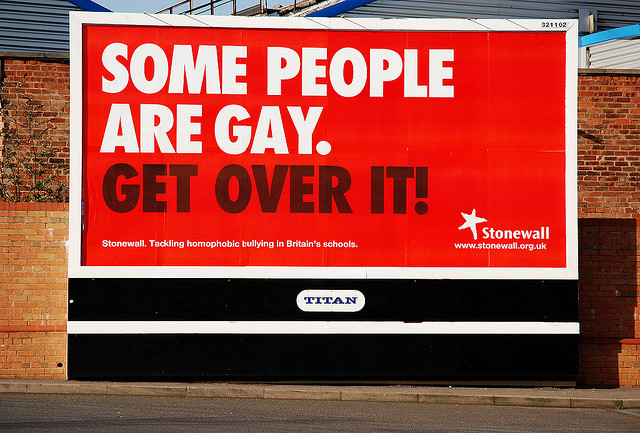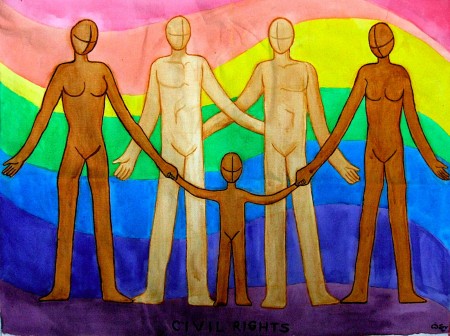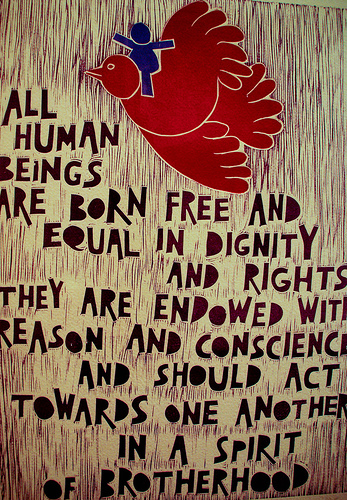
According to a report by the Kenyan Teachers Service Commission (TSC), up to 12,600 girls were sexually abused by teachers over a five-year period from 2003 to 2007. Most of the victims were aged between 12 and 15; and in some cases, teachers abused as many as 20 girls before they were reported.
As a result, a total of 600 teachers were fired in 2009, and this year so far the number totals 550. In addition, the survey, done jointly with the non-profit Centre for Rights Education and Awareness (CREAW), found that 633 teachers were charged with sexual abuse in the five years covered by the study. The report went on to state that these numbers probably only represented the tip of the iceberg, as most cases went unreported.
Failure to report cases of sexual abuse to the police or the TSC was often attributed to either the fear of stigmatization, or the collusion between teaching staff and the officials investigating the abuse. In some cases, education officials even collaborated with the offenders. In addition, many parents did not want to involve the notoriously corrupt police out of fear of repercussions.



